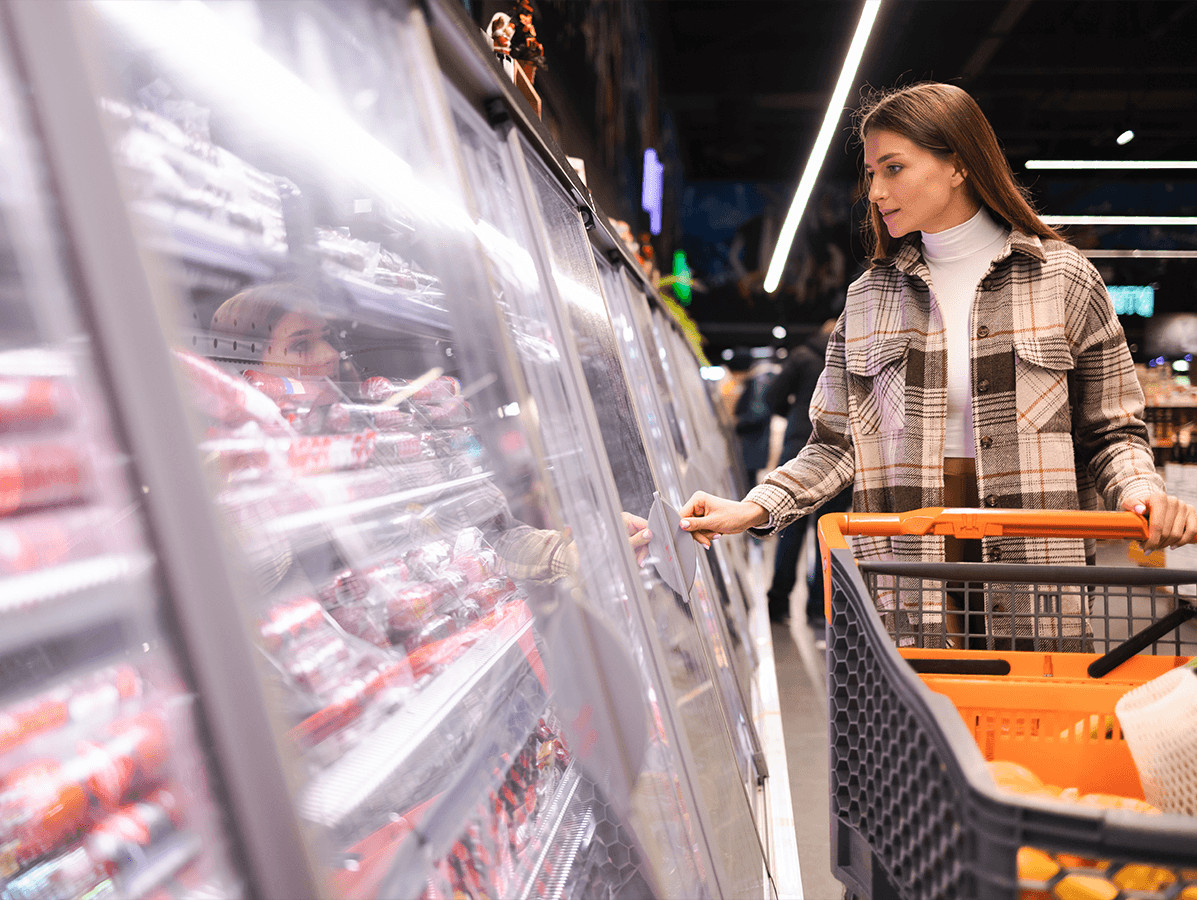
The idea of a meat tax is counterproductive in terms of both public health and the sectors' sustainability agenda. This is according to the organisations in the meat sector, united in the Meat Coalition, in response to a letter from Minister Staghouwer to the Lower House, in which the minister states that he wants to investigate the fiscal instrument.
COV: "Meat is not harmful, but it contains vitamins and amino acids that are essential to humans and that are not found in plant-based foods. For that reason alone, the government should not discourage meat consumption. For example, it is wrongly claimed that meat is harmful to health, while in fact it has a unique and particularly high nutritional value."
In February 2021, the consulting firm EY published a report on behalf of the Dutch Minister of Agriculture, Nature and Food Quality about the possibilities and impossibilities of a consumption tax on meat. EY concluded that such a tax is hardly feasible and does not contribute to further improvement of the environment and/or public health.
A meat tax mainly affects the lower income groups. It is very doubtful whether a fiscal solution, such as compensation via the surcharge system of the tax authorities, is a feasible, practicable and socially acceptable solution.
Dutch meat production is among the world leaders when it comes to sustainability, quality and animal welfare. Extra taxes in the chain will, on balance, make production less sustainable. Dutch meat, with all the safeguards that this entails, will then be less able to be sold abroad.
The Meat Coalition is a partnership between COV/VNV, POV, SBK, SVV, KNS and Vee & Logistiek Nederland.
Source: COV